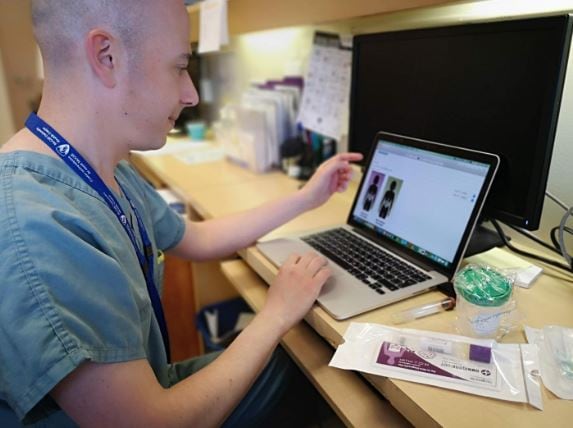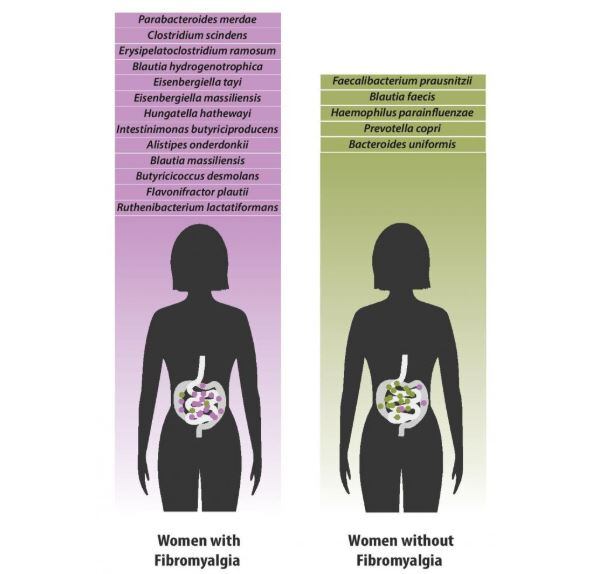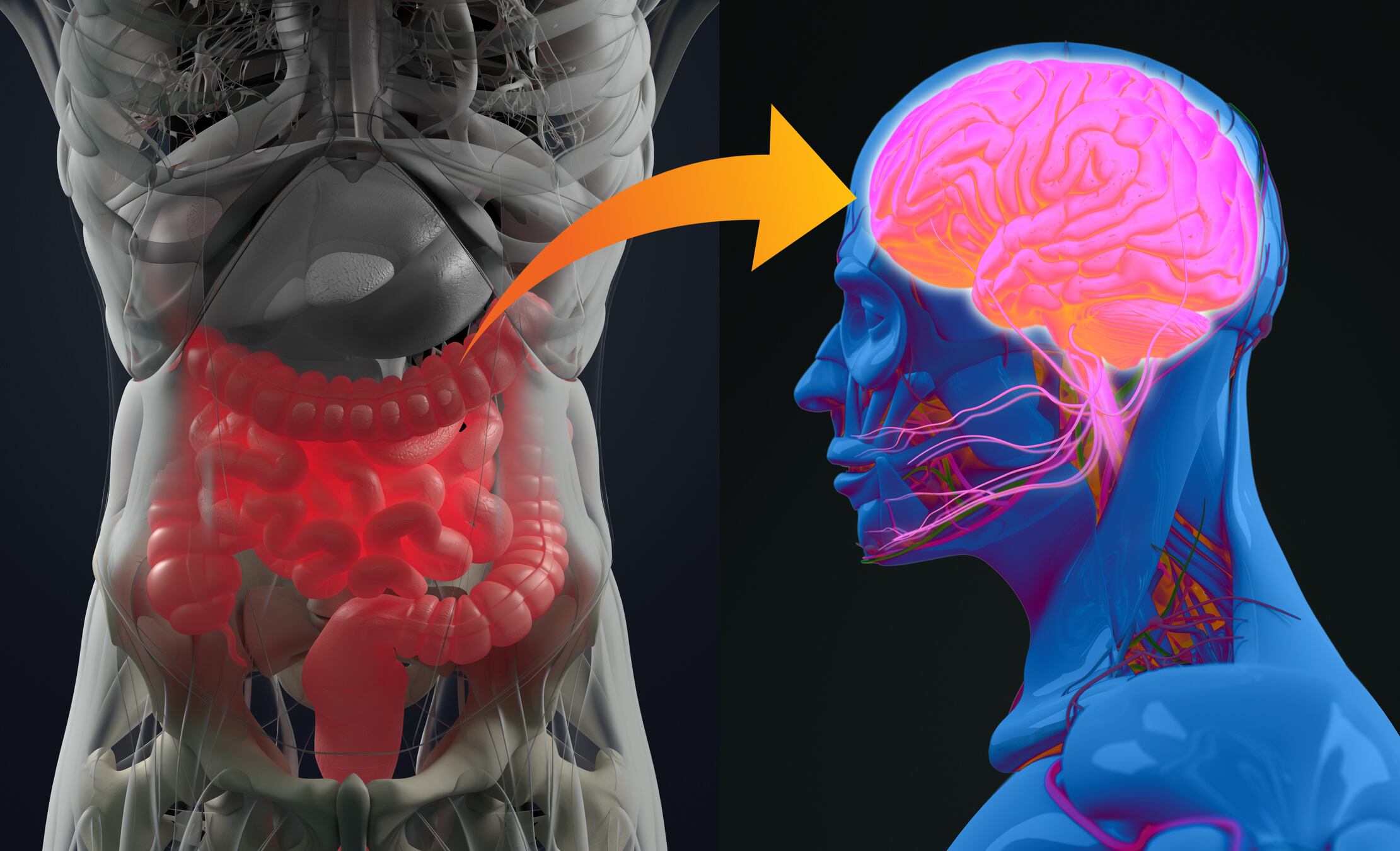Writing in the journal Pain, the team discuss how butyrate metabolism-related bacteria populations such as Faecalibacterium prausnitzii and Bacteroides uniformis, decreased in fibromyalgia patients.
“We used techniques including Artificial Intelligence to confirm changes in the microbiomes of fibromyalgia patients were not caused by diet, medication, physical activity, age, and so on, which are known to affect the microbiome," says study author Dr Amir Minerbi,
"We found that fibromyalgia and the symptoms of fibromyalgia - pain, fatigue and cognitive difficulties - contribute more than any of the other factors to the variations we see in the microbiomes of those with the disease,” adds Dr Minerbi, who is based at McGill University Health Centre (MUHC).
“We also saw that the severity of a patient's symptoms was directly correlated with an increased presence or a more pronounced absence of certain bacteria - something which has never been reported before."
A first time link?

The team claim the trial establishes a link for the first time, in which they draw upon mounting evidence on gut microbiota’s role in metabolic, cardiovascular, neurologic and psychiatric disorders.
Strengthening a possible relationship is the existence of the ‘gut-brain axis’, which makes reasonable the hypothesis that it may also affect pain processing and perception.
Human studies have showed consistent gut microbiota alterations in individuals with irritable bowel syndrome (IBS) and individuals suffering from chronic dysfunctional pelvic pain.
Highlighted are similar observations in patients with chronic fatigue syndrome, rheumatoid arthritis and spondyloarthropathies in which researchers report microbiome alterations.
The McGill University team drew upon outcomes from a group of 156 individuals, 77 of whom suffered from fibromyalgia.
The team interviewed participants, who gave stool, blood, saliva and urine samples, which were then compared with those of healthy control subjects.
Some of these subjects lived in the same house as the fibromyalgia patients or were their parents, offspring or siblings.
"We sorted through large amounts of data, identifying 19 species that were either increased or decreased in individuals with fibromyalgia," says McGill University’s Emmanuel Gonzalez, a fellow team member.
"By using machine learning, our computer was able to make a diagnosis of fibromyalgia, based only on the composition of the microbiome, with an accuracy of 87%.
“As we build on this first discovery with more research, we hope to improve upon this accuracy, potentially creating a step-change in diagnosis."
Irritable Bowel Syndrome parallels

The team said the study demonstrated gastrointestinal tract microbiota alteration in patients with somatic (non-visceral) pain in general, and fibromyalgia in particular.
“Some of the differentially abundant taxa reported here are known to be involved in metabolic pathways whose effect on symptoms of fibromyalgia is biologically plausible,” the study continued.
“Moreover, there seems to be a quantitative correlation between the abundance of several taxa and symptoms severity.
“Finally, differentially abundant taxa in fibromyalgia patients share some commonalities with Irritable Bowel Syndrome (IBS), chronic fatigue syndrome (CFS) and interstitial cystitis (IC) – while retaining some unique differentially abundant taxa.”
The researchers suggested a series of opportunities to capitalise on the study results. These include exploring the mechanisms by which the gut microbiota may affect nociception.
Here, the possibly of trigger events, personal susceptibility and individual prognosis could also be an area worth looking into.
“The accuracy of microbiome-based machine learning classification suggests that the microbiome holds the potential to aid in the diagnosis of fibromyalgia in the future,” the study continued.
“Finally, if a causal relationship between gut microbiome alterations and FM is established, the way may be paved for the development of new treatment modalities targeting this fascinating community of intestinal microorganisms.”
Source: Pain
Published online: DOI: 10.1097/j.pain.0000000000001640
“Altered microbiome composition in individuals with fibromyalgia.”
Authors: Amir Minerbi, Emmanuel Gonzalez, Nicholas Brereton, Abraham Anjarkouchian, Ken Dewar, Mary-Ann Fitzcharles, Stéphanie Chevalier, Yoram Shir




